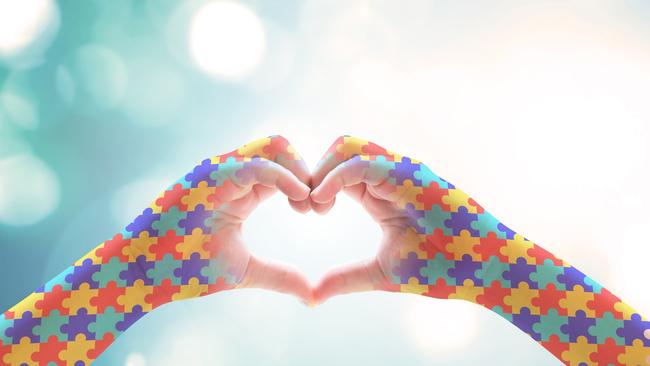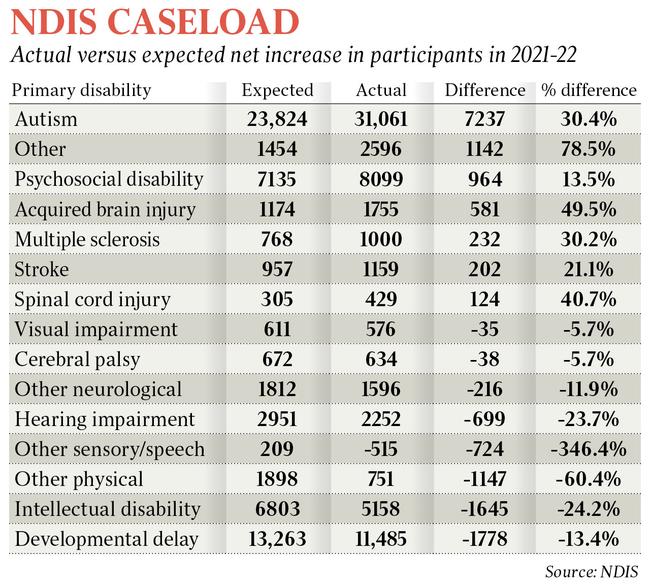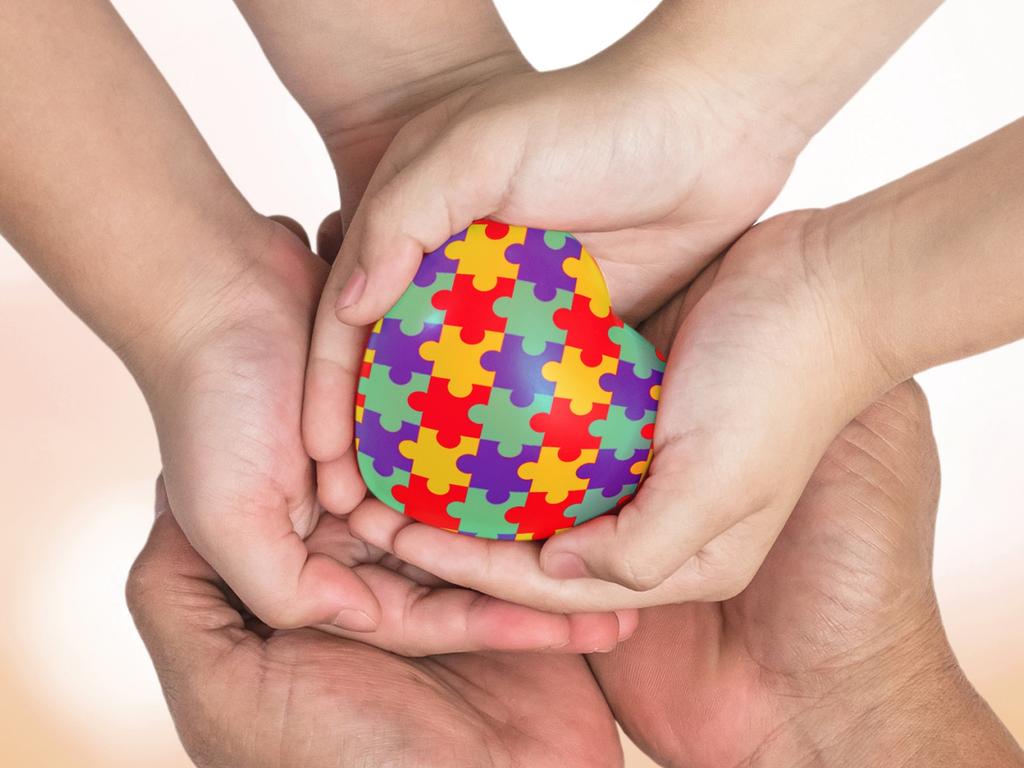$5000 diagnosis fee for NDIS autism slot
Private diagnostic service providers are charging parents more than $5000 for an autism diagnosis to secure NDIS funding, a leading advocate warns.

Private diagnostic service providers are charging parents more than $5000 for an autism diagnosis to secure a place on the National Disability Insurance Scheme, with the cost being described as “a guarantee of funding for life” for their child, a leading autism advocate has warned.
There are also significant conflict-of-interest concerns in practices offering both autism assessments and ongoing support services such as speech or occupational therapy or psychology, says Sylvana Mahmic, a decade-long member of the NDIS Independent Advisory Council.
Ms Mahmic said desperate parents with children receiving support through the NDIS early childhood program were caught in a bind as the child approached the age of seven and needed a diagnosis of autism to secure ongoing funding for services.
“We are seeing private diagnostic services asking families for more than $5000 for a diagnosis,” Ms Mahmic said. “A parent I know questioned the cost and was told that it would ‘basically guarantee funding for life’ for her child.”
Ms Mahmic, who runs Sydney-based not-for-profit children’s disability service Plumtree and has served on more than 25 advisory groups in the disability sector across three decades, said the fact some private providers offered both the assessment to secure an autism diagnosis and the services flowing from that diagnosis created “a definite conflict of interest”.
“It puts parents in an extremely uncomfortable position,” she said. “They know if they stay with the provider for the delivery of services, the diagnosis won’t be questioned. But if they want to receive their supports elsewhere, the diagnosis may again be open to question. I’d say there’s an unspoken bargain of ‘we’ll get you the diagnosis and you stay with us for the support services’. Parents are desperate for continuity of support for their child so they do it.
“I’ve had a parent say to me that everywhere you go the NDIS provider is trying to capture the funding, and the bigger the package the harder they are trying.”

Concern around the diagnosis of autism to secure funding under the NDIS is in the spotlight after experts last week warned children were being diagnosed with more severe autism than their characteristics warranted to give them a greater chance of being covered by the scheme.
Andrew Whitehouse, professor of autism at the Telethon Kids Institute and the University of Western Australia, said it was without question that clinical behaviour had become biased towards making certain levels of an autism diagnosis in order to provide families a better chance at receiving the support they need through the NDIS.
Under current NDIS guidelines autism is categorised into three levels of severity, with levels 2 and 3 being “likely to meet the disability requirements” for entry onto the scheme.
The 2021-22 NDIS annual financial sustainability report shows the numbers of people with autism as their primary disability entering the scheme ran at 30 per cent higher than anticipated. While the National Disability Insurance Agency had expected 23,824 new participants with autism as their primary disability across the year, the actual number was 31,061.

The NDIS is budgeted to cost $34bn in 2022-23, rising to almost $90bn in the next decade. Autism is by far the biggest category of primary diagnosis in the scheme, and the diagnosis of children is driving numbers higher. The projected number of NDIS participants in 2032 is more than one million. More than half (54 per cent) of the 266,000 participants aged 18 and under have autism and 20 per cent have developmental delay. Of the 20,477 NDIS plans approved in the December quarter, 9813, or 48 per cent, were for children younger than seven.
NDIS packages to support people with autism range from several thousand dollars a year to hundreds of thousands of dollars for those with 24/7 care needs. Treasurer Jim Chalmers has said the government is committed to funding the NDIS, but has called it out as one of the most significant cost pressures on the budget.
Depending on the complexity, a diagnosis of autism for the NDIS can be provided either by a multidisciplinary team including practitioners such as speech pathology, or by an individual psychiatrist or psychologist. The hourly rate for assessment varies, but would typically be about $350 an hour for a practitioner to observe and write a report. “The statistics speak for themselves,” Ms Mahmic said. “One in 10 five to seven year old boys in Australia being on the NDIS clearly shows something is going wrong.”

She said state governments had to come back to the table after devolving responsibility for kids with developmental disorders to the NDIS for the past 10 years.
“We need to be pressing our state governments to do more,” she said. “Every child with autism needs to be assured of support in the community without having to vie for a place on the NDIS.”
NDIS Minister Bill Shorten has said he recognises the pressure on families with children showing signs of developmental disorders to secure support services. “We are open to looking at earlier screening for autism in infants and very small children so they can get the early intervention they need to flourish and find a path to independence,” Mr Shorten said.







To join the conversation, please log in. Don't have an account? Register
Join the conversation, you are commenting as Logout